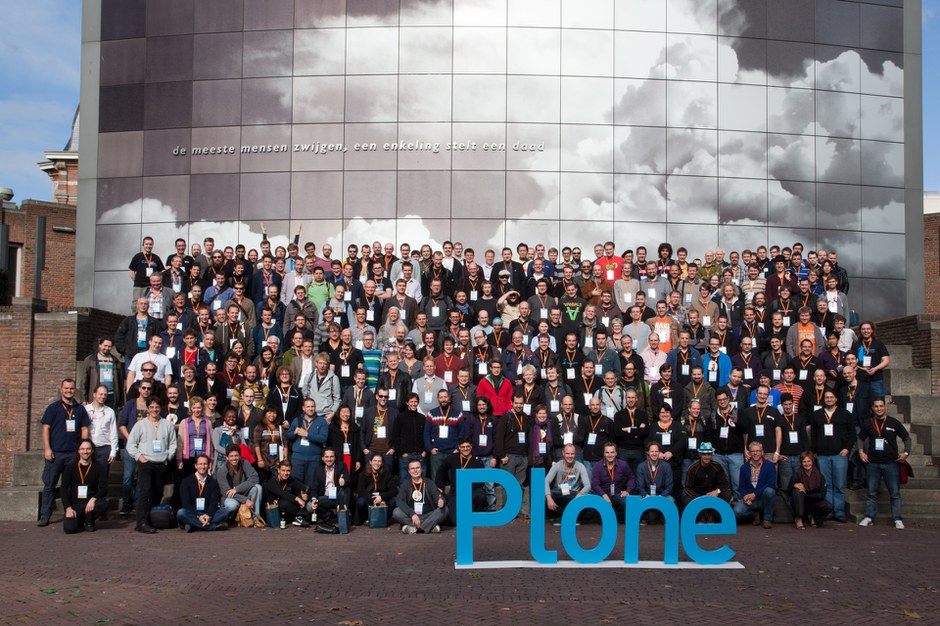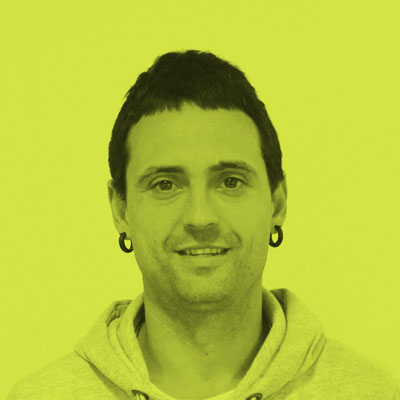Highlights of PloneConf 2012 in Arnhem

This year's Plone Conference was held at the Musis Sacrum in the dutch city of Arhnem, and CodeSyntax was there represented by Mikel Larreategi and me, Lur Ibargutxi. We had the chance to greet longtime community members and friends, which is one of the positive aspects of the Plone community, but we also focused on the matter, the developments happening around our CMS of choice. So, here there are, the highlights of PloneConf 2012 in Arnhem.
Pyramid
Pyramid is another framework developed for Python, currently integrated into the Pylons project. The aim is to create a light framework using Zope's database. No SQL, ZODB, No-SQL or otyher DBs favored, but just let the programmer choose and merge the best tools available to him/her. Pyramid looks like a powerful toool for web applications when you don't need the full capabilities of a CMS like Plone. It is noticeable that many Plone developers are currently using it when the project doesn't need a CMS, so that's a good prove of its quality.
Deco, Deco Lite, Cover?
It's been 4 years and Ploneconfs that we are talking about Deco. The idea was to get a structure that would let is change the look of pages easily. Several developments have been pursued following that line. Lately, we and other developers felt the need to get such a product for developing site homepages. Products like Composite Pack o Collage are not easy to use with Plone4, so the latest capabilities of Deco in this domain are particularly useful.
However, we also learnt about a good new tool to develop homepages and frontpages, collective.cover. It has been developed by our friends at Simples Consultoría and it is a cool and reliable tool. A great achivement of this product was the renewal of Televisión de Venezuela's portal homepage just the election day (held a couple of weeks ago in Venezuela).
Lightning Talks
Five minutes to talk, and try to convince. This is really a good format for agile conferences, and we did hear some interesting stuff. Here's a summary:
One minute cache, earthquake-proof
Dylan Jay from Australia presented us the Victoria State Emergency Service website. Given the subject involved, uptime requirements need to be 99,99% (that is, 4 minute downtime max in a year) as it is the n.1 site to visit if an emergency were to happen in this Australian state. They configured a one-minute cache (up to the minute updates are important, obviously) and the site, actually, worked better than the central Australian Government site in a given emergency: central gov't crashed, Plone at Victoria held it up.
collective.jekyll
This product is like Doctor Jekyll working for your site: it detects title lines that are too long, non-suitable ID's, texts in UPPERCASE... Very useful. Meanwhile, Mr. Hyde's not using Plone yet.
Fuzzy search in Plone
Google makes a great service many times when it asks "you meant..." when we perform a search with a typo or not very clear terms in mind. Well, now the c2.search.fuzzy product developed by Manabu Terada from Japan has brought this function to Plone.
Import 460 Gb of file data to Plone
A coleague from Syslab, Wolfgang Thomas, put up this example: bring 460 GB of files into Plone from an Oracle database. Well, the demo worked in just under five minutes, just like the talk. We all applauded!
Sprint at the end of the world
They say the Mayan calendar marks the end of the workd by the end 2012. So, what better chance than welcome the event literally happily coding in Python for Plone in the very "end of the world", Ushuaia (Argentina), the southernmost city of the planet! That's where Franco Pellegrini has organised a Plone sprint coding event in december!
And in 2013...
Looks like Ploneconf 2013 will be in Brasilia, the capital of Brazil. Brazilians plonemakers made their bid public, and nobody's challenged them. Looks like fitting venue, really, because the Brazilian government has around 400 projects currently online working with Plone, and also a good history of promoting free software.
So, there will we go, to the southern hemisphere!
You may be interested in these other articles
Applications for Local Governments
Feb 18, 2025
How to show hiking routes on the web?
Jan 12, 2025





